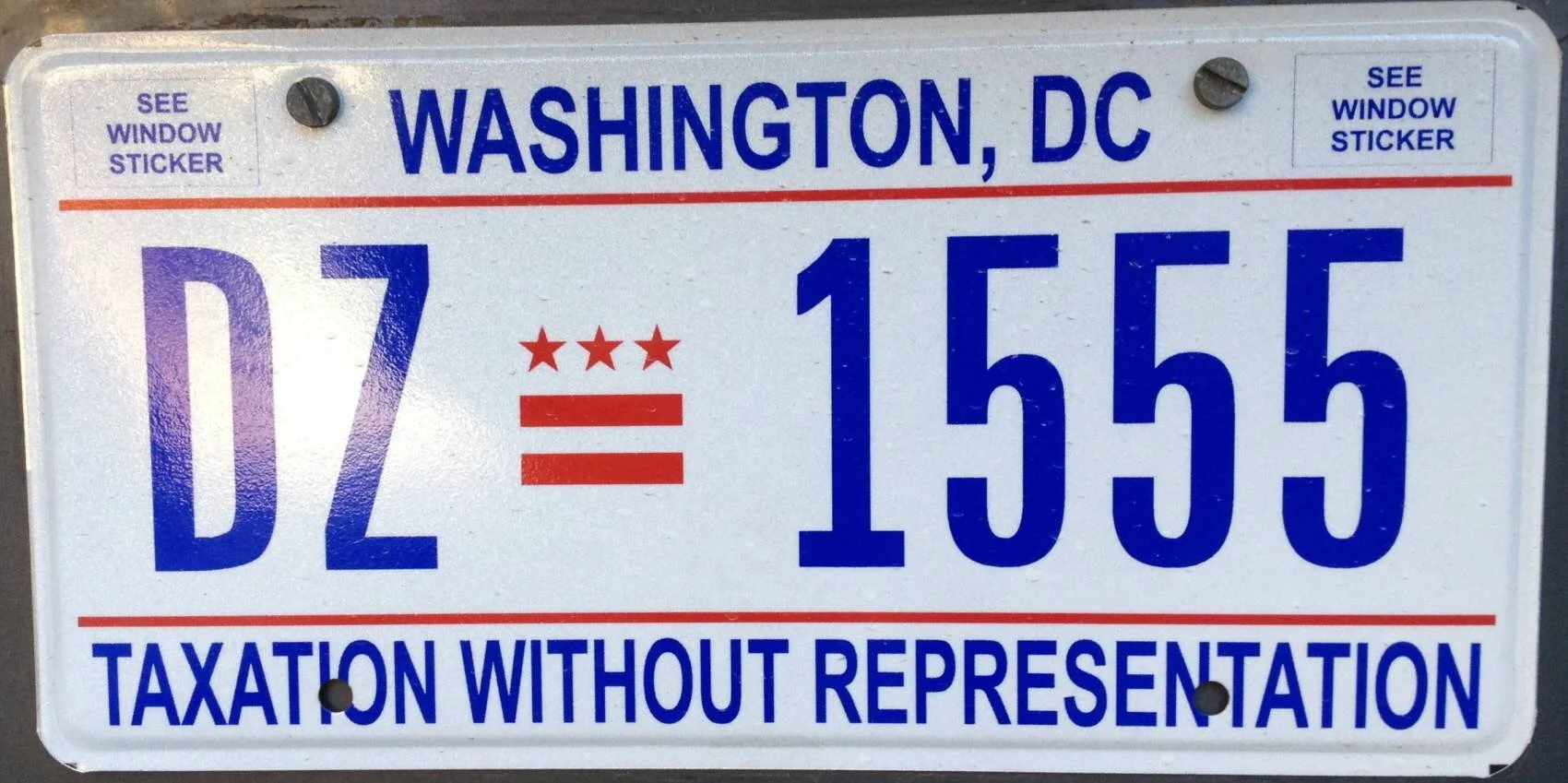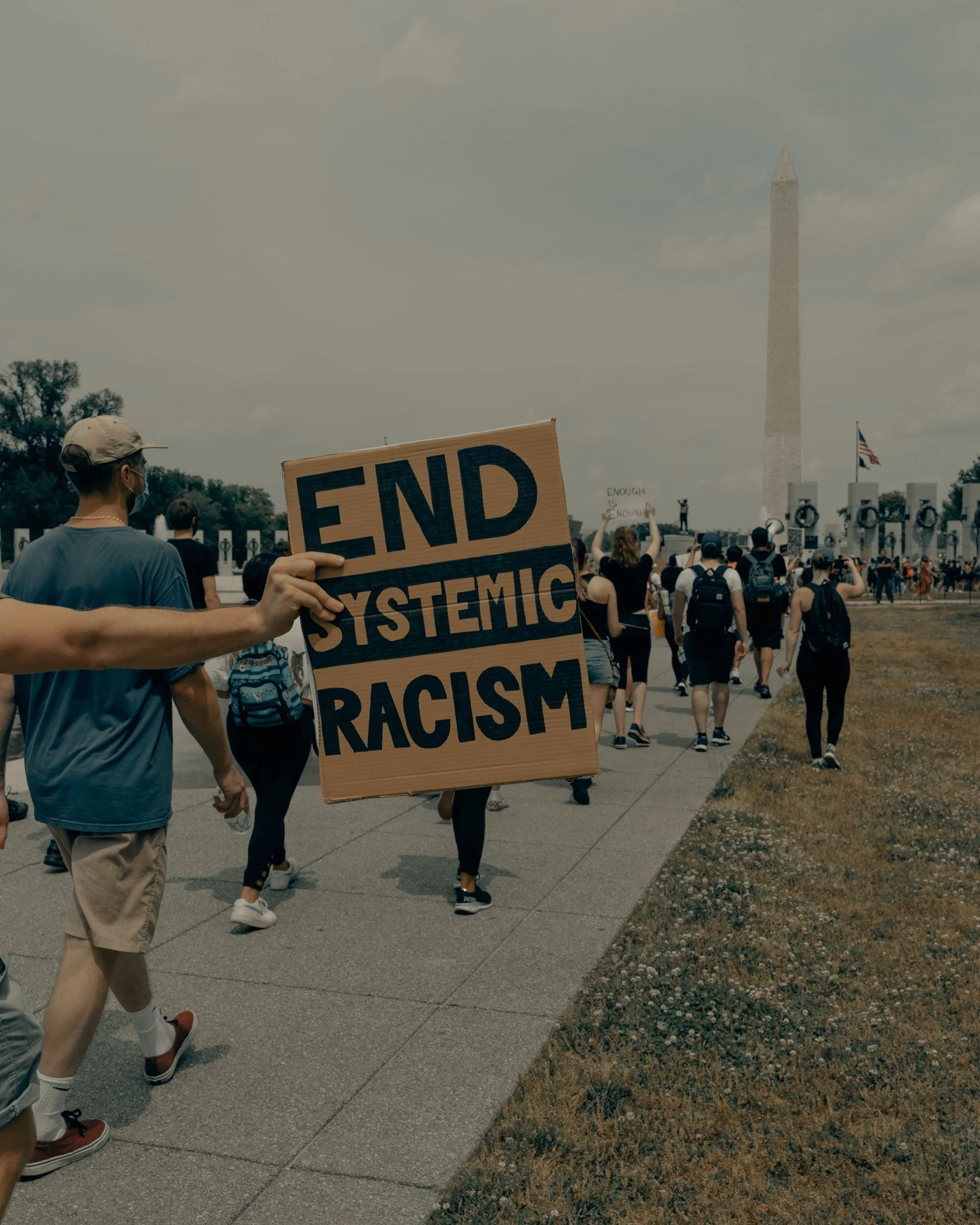News
Six months have passed since the Capitol insurrection. In that time, members of Congress sought to create a bipartisan independent commission to investigate the attack, but they were stymied by the Senate filibuster. Despite that, a House select committee is poised to look into the insurrection, and we must take steps to ensure nothing like it ever happens again.
D.C. Statehood Would Advance Criminal Justice Reform for All
700,000 people who live in our nation’s capital lack statehood. Their statelessness, perhaps surprisingly, holds back evidence-based criminal justice reforms across our country. I should know–I was a prosecutor in D.C.
There is no room left for debate: the nearly 700,000 residents of the District of Columbia deserve statehood. In fact, for the purposes of thousands of federal laws, Washington, D.C., already acts as a state, and they perform those functions well. Because of D.C.’s unique status in the American political system, D.C. Mayor Muriel Bowser already functions as a mayor, county executive, and governor and that is why the Democratic Governors Association is proud to welcome Mayor Bowser to its ranks as its newest member.
In Federalist 43, James Madison wrote that residents of his new country "will have had their voice in the election of the government which is to exercise authority over them," but it wouldn’t be so. In 1801, the District of Columbia was incorporated without the benefits of statehood, leaving it without congressional representation.
In a debate during the 2020 campaign, Sen. Susan Collins famously claimed that systemic racism isn’t a problem in Maine. For Mainers who have experienced it, her claim showed that she didn’t understand systemic racism, or how it works.
Maine Secretary of State Shenna Bellows joined voting rights advocates Saturday in Portland’s Payson Park to call for passage of three bills before Congress that would expand or protect access to the ballot box across the United States.
More than 100 groups, including the Michigan American Civil Liberties Union, are urging U.S. Sen. Gary Peters to set a date for a hearing on D.C. statehood.
Today, the Democratic Governors Association is announcing that Mayor Muriel Bowser is joining the organization as its newest member.
On Sunday, Sen. Susan Collins told CNN’s State of the Union that she is opposed to D.C. statehood, instead in favor of D.C. “retroceding” to Maryland. Collins indicates that she supports voting representation for D.C. residents and thinks this is a compromise, but in reality, retrocession is undemocratic and racist.
D.C. has never had such good friends in Congress. On April 22, the House passed a bill to grant statehood to the District, sending the legislation to the Senate, where 45 Democrats have already signed on as co-sponsors.
I greatly appreciate Rep. Chellie Pingree’s support of D.C. statehood. Rep. Jared Golden’s, too. I wrote to both of Maine’s senators asking them to support S. 51, the Washington, D.C. Admission Act.
As the effort to end the disenfranchisement of 700,000 Americans is becoming better-known across the country, it is important to know where the American people stand on the issue of D.C. statehood. Recent events have made clear how urgent the need for D.C. statehood is. In June 2020, the Trump Administration ordered the tear-gassing of peaceful protesters, and then in January 2021, President Trump initially denied the request to deploy D.C.’s National Guard during the assault on the Capitol. The U.S. House of Representatives passed H.R. 51 to make D.C. the 51st state on April 22, 2021.
There is a cruel irony in the discussion over D.C. statehood: the only people who don’t get a say are the people most impacted, the residents of Washington D.C.
The essence of democracy is the idea that the people govern themselves. That the people are the source of power. That those who serve do so with the consent of the governed. That the people have the right to be heard, to call for redress when necessary, to petition the government, to vote and be counted.
Kudos to Joe Biden and Kamala Harris for announcing their support for D.C. statehood on April 20th. I hope Senators Mark Kelly and Kyrsten Sinema support it.
Maine has some of the most inclusive and protective voting laws in the country. We should feel proud that Maine, more often than not, welcomes and encourages our people to vote. This is the bedrock of a functioning democracy. Unfortunately, two dozen states, including, most glaringly, Georgia, are doing exactly the opposite: passing voter suppression and restriction laws, making it harder and harder for people to vote. We should be celebrating and strengthening our democracy, not stifling and threatening it.
The U.S. House of Representatives voted for D.C. statehood last spring, and the Senate is poised to consider the issue this year.
Today, a coalition of 35 Arizona groups and organizations, led by Indivisible Arizona, sent a letter to Senator Kelly and Senator Sinema expressing support for D.C. Statehood, and calling on them to co-sponsor the Washington, D.C. Admission Act (S. 51):
When my wife and I moved to Washington, D.C., in the summer of 1999, a rebellion was about to take place. Not one like the Jan. 6 storming of the U.S. Capitol by Trump supporters, but one by the government of the District of Columbia as expressed on the license plates of the vehicles registered there: “Taxation Without Representation,” was printed on all issued plates beginning in May of 2000.
Imagine if a majority of Maine residents, about 712,000 people, or 53 percent of the state’s population — somewhat less than the combined populations of Androscoggin, Cumberland, Penobscot and York Counties — were historically denied the right to vote for members of Congress or have any say in their own communities even though they lived in Maine. Now, imagine how much more power the other 47 percent of Mainers would have because they could elect members of Congress who could promote or obstruct public policies that would affect the lives of everyone in Maine.
Washington, D.C., is home to our country’s most important democratic institutions. Yet, those living in our nation’s capital lack both their own representation in Congress and full control over their local government. Congress must address this issue and push for statehood to ensure that D.C. residents have the same representation and autonomy as other Americans.
Voting is the bedrock of our democracy. We vote for our national representatives, and through them we exert some control over how our federal tax dollars are spent and how our priorities are represented as a state and nation. Yet the 712,000 residents of Washington, D.C., are denied equal voting rights and congressional representation, simply because of where they live.
Michael Cianchette got it wrong in his recent column about D.C. statehood.
While he seems to agree that D.C.’s 700,000 residents deserve the right to federal representation, he also seems to think that proposing statehood as a solution is some sort of trick to elect more Democrats to Congress.
The Jewish News' editorial on March 16, “It is time for a voting rights compromise,” notes that D.C. statehood is “an issue worthy of serious consideration and support.” I agree and write to offer several reasons why.
“No taxation without representation!” We all heard that in our history classes in relation to the beginning of the American Revolution. It was a rallying cry that helped bring the United States of America into being.
Opponents of D.C. statehood have at most three arguments that deserve any respect. They involve the Founders’ intent, retrocession to Maryland and the 23rd Amendment.
But none stands up to scrutiny, as I’ll discuss below. It’s hard to accept that Republicans and other critics believe that these arcane constitutional claims count for more than respecting the nation’s founding rallying cry of “no taxation without representation.”
A lot of people who don’t live in Washington, D.C., have opinions against statehood. As someone who grew up in Richmond, but now has been a resident of the District of Columbia for more than a decade, I have some thoughts to share.
The introduction of HR51, a bill to make Washington, D.C. the 51st state — the “Washington, Douglas Commonwealth” — would grant its 700,000 residents the same rights enjoyed by Americans in every other state — full voting representation in Congress.
REPUBLICANS IN Congress did not use to make the case that residents of the District of Columbia deserved no representation in Congress; the issue was only how to do it. “Let’s be real, how can you argue with a straight face that D.C. should not have some direct congressional representation?” was the challenge put forward by then-Rep. Tom Davis (R-Va.) in 2004 during a House hearing on four different ways to give D.C. direct representation in Congress. Now, the Republicans’ position seems to be not only to oppose statehood. They also believe D.C. residents — taxpayers, volunteers in the military, citizens — should have no voice in their government whatsoever.
When Louis Sawyer Jr.’s family visited him, they took a 14-hour road trip on an overnight bus to get to the federal penitentiary near Jonesville, Va. And that was one of the easier trips during his 25 years in the federal prison system.





























